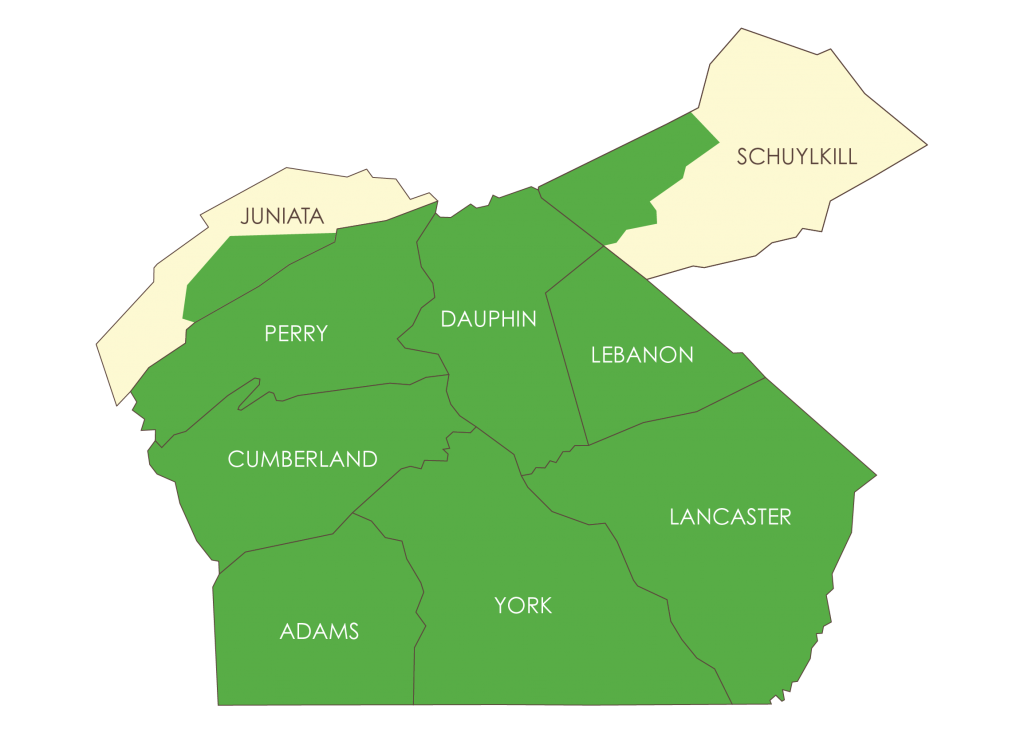South central Pennsylvania has a whitetail deer overpopulation problem. There is a decrease in the number of hunters going into to the woods each fall and continued development pressure is decreasing the area of natural areas for deer to subsist. Due to these converging factors, it is not uncommon to find herds of deer wandering through semi-rural and suburban neighborhoods sampling landscape plants like it’s an exotic smorgasbord. A few deer grazing gently on the lawn for a few minutes can be a charming sight in the spring and summer…until those adorable creatures start eating your plants and damaging your trees. Deer can negatively impact your landscape in a variety of ways:
- Deer browse- Many of our most prized shrubs are favorites of deer as well. Some of these include:
- Ericaceous plants- Azaleas, rhododendron, blueberry
- Conifers such as yew, arborvitae, hemlock
- Hydrangea, holly, cherry laurel
- New shoot growth on many woody plants, and herbaceous ground covers
- Deer rub- In early fall, bucks commonly rub their antlers against the trunks of small trees to remove the velvet that covers them up to this point. Later in fall during the rut, mating season, bucks will rub young trees to mark their territory. They have a scent gland behind their eye that they rub onto the tree. Both rubs can be detrimental to young trees with thin bark.
- Deer, along with the white footed mouse are the primary hosts of deer ticks. These are the ticks that carry Lyme disease. High deer concentrations in an area can cause an increase in tick activity.
Good’s Tree and Lawn Care provides services to prevent damage to your yard from deer. Treatments and services may include:
- Deterring deer from your property with use of deer repellents. In late fall and again in early winter we spray a deer repellent on commonly browsed trees and shrubs. The repellent carries an unpleasant taste to deer and provides several weeks of control.
- Guarding plants from antler rubbing using trunk guards and fencing.
- Protecting your family from ticks transmitted by deer with perimeter spray applications of cedar oil that suppresses tick populations.


